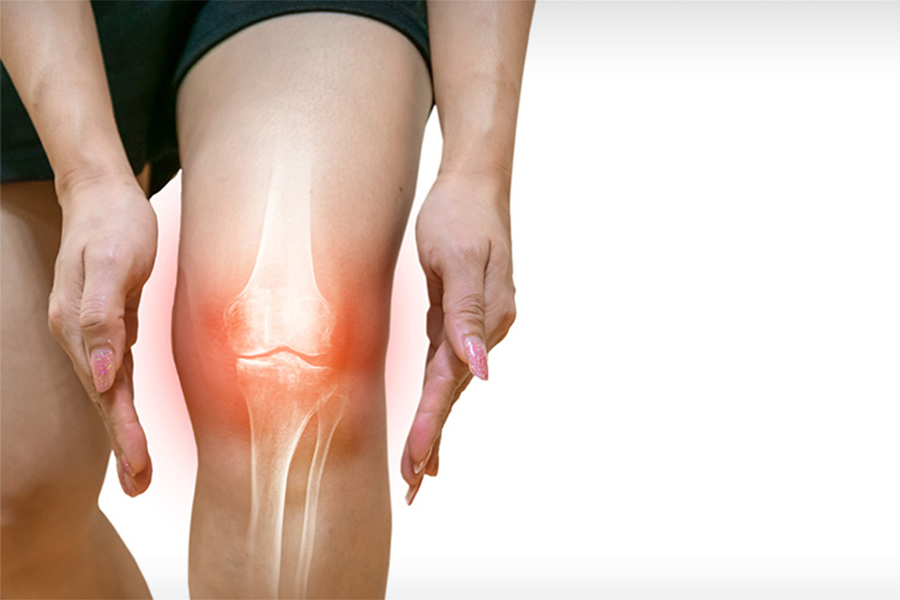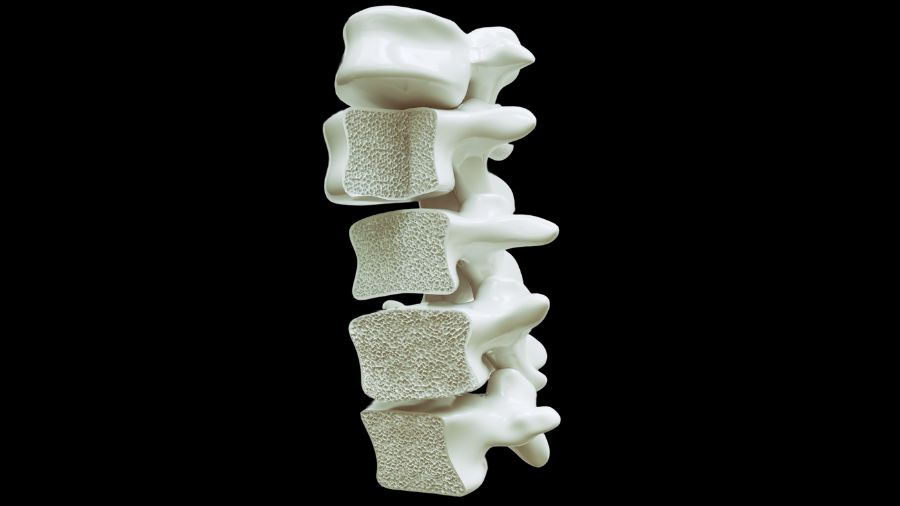“We now have some tantalizing clues about why this improvement is happening, and our findings indicate that the cells are reducing inflammation in the joint. To prove this definitively, we need to do a larger phase trial, which we are in the planning stages for,” said Dr. Viswanathan.
The team wanted to know whether it might be possible to regenerate knee cartilage using mesenchymal stromal cells (MSCs). These cells can develop into a number of different cell types, including muscle, bone, and, importantly, cartilage.
Osteoarthritis of the knee occurs when the cartilage — the joint’s natural cushioning system — breaks down in the knee. Without this buffer, bones can come into contact with each other, causing pain, stiffness, and a loss of flexibility.
Although physical interventions and medications can ease symptoms, there is currently no cure because it is not possible to regrow cartilage. Once osteoarthritis has progressed to the end stages, the only option is surgical replacement of the joint.
In all, the team recruited 12 patients with moderate-to-severe osteoarthritis of the knee and extracted MSCs from each person’s bone marrow. In this pilot study, one of the main objectives was to understand what constituted a safe and viable dosage, so the researchers injected each participant with one of three different doses of MSCs.
Over the next 12 months, the scientists followed the participants, assessing their progress using a battery of tests. For instance, they measured the levels of inflammatory biomarkers and the rate of cartilage breakdown, and they took regular MRI scans of the affected joints. They also asked the individuals to rate how well they felt they were doing.
By the end of the year-long study, the team found that there was a significant reduction in pain and an increase in self-reported quality of life. There was a significant reduction in inflammation within the knee joints of the participants, which is important because experts now consider inflammation to be an important driver of osteoarthritis. In fact, the authors believe that much of the pain relief might be due to this anti-inflammatory response.
The study was launched in 2015 and funded by the Campaign to Cure Arthritis.


